I sent the following e-mail to Macie, the founder of Adoptwell, who also runs a popular Instagram account on Friday July 26, 2019 in hopes to start a conversation about some of their most recent posts on their feed and as of August 5, 2019 at 5:23PM have not received a reply. My email was written from the perspective from an adoptee who will not know my birth parents.
My e-mail was written after seeing some adoptive mothers’ comments (who are a majority of Adoptwell’s audience). It was disheartening, to say the least. Our society is already so quick to judge mothers and their parenting in general. It’s important to remember that the nouns or ways we describe a situation, while important, shouldn’t be the sole focus and it should never be a conversation of what’s right or wrong to use, as this causes further division amongst a community that should support one another no matter what. At the end of the day, it’s the families and the adoptee who should be allowed the freedom to choose the verbiage and distinctions that feel most appropriate and right for their story and journey — they should never be made to feel guilty or disrespectful if they choose a specific way to say something over another.
“Shaming others for their parenting choices based off of how it makes us feel is petty and unhelpful. The most important thing is that we celebrate life and joyful moments in these messy stories and take the lead from specific adoptees in open conversation.” – Catea Johnson
“As an adoptee who plans to adopt, I’ve found the online adoption community shockingly… well, I’m not sure what the term is. What comes to mind is “PC” but I find that term garish and overused. I’m seeking a word for what I find to be harsh, exclusive, and frankly fear-mongering, as if adoptees are fragile and helpless, as our stories are shameful and need safeguarding. As if adoption, rather than being sacred and beautiful, is a messy wound that can never be healed…There may be pain and confusion and questions. But there is love and joy and the creation of family, and to sap the life from that miracle by constantly pointing backwards towards the initial trauma is, to me, not only robbing the joy of it but discounting the power of adoption.” – Jessica Collini
Hi Macie,
My name is Hannah Forsberg. I was adopted from China to two people I’ve never known and I’m a Christian. I’m 22 years old and currently reside in Atlanta. I have my own photography business and graduated college at the top of my class with a Bachelor’s in marketing. I wrote about my adoption story which I’m linking below if you would like to read. Being an orphan played a huge role in my faith and shaped me in becoming the woman I am today. I’ve seen various friends who are walking the journey of foster care and adoption share various posts from your account and I first of all want to thank you for shedding light on a topic that’s rarely talked about. It’s been interesting reading the posts and comments from this past week’s adoption language series. Forgive me if your page is geared more towards domestic foster care and adoption journeys, but I wanted to share some thoughts with you that I hope perhaps to shed more light on what it’s like to be a 21st Century adoptee.
I love that you are advocating how important words are, because they matter so much. Growing up, when peers would hear I was adopted they would look at me in a “good for you” type of way, say “I’m sorry”, or “Wow that is so cool!”. Some of those words sparked the journey of me having to reconcile my identity, asking questions like: “Why did my birth parents not want me? Was I abandoned because of the 1-Child Policy in China or because I wasn’t a boy? Was I a child out of wedlock? What could life have been if?” These will be questions I’ll likely never know the answer to. And while those questions were hard and were painful, they were necessary. But they didn’t define me.
I love that your series is intended to be educational, but some comments and some of the words in the captions are disheartening. The series, in a lot of ways, I believe complicates how the adoption community need to think about adoption or condemns others for using a certain phrase or terminology.
You write, “This term [giving up] insinuates that placing a child for adoption is like handing something over or quitting it.” My parents never minimized the reality of my story for fear of it offending me and looking back, I’m thankful they didn’t. Because, being an orphan is messy, it’s not pleasant. The situation can be negative with the wording not being negative. It’s instances like these that I think the words are being too deeply read into. Being an adoptee aches and often times you will never have the answers to the questions that burn deep down inside and minimizing a negative experience that will shape someone is a disservice to their story and who they are becoming. We often forget that the journey of walking through or reconciling a difficult time is often so empowering and shapes us to be stronger. Without rain there are no flowers.
A birth mother could give up a child for a number of reasons. But birth moms will give their child up knowing, hoping, or praying (maybe even all 3) that their little one would have a life far better than what she (and perhaps her partner/spouse/lover, whoever he is) could give. That’s not negative, rather, it’s one of the most hope-filled, brave, and strongest actions. That’s not giving up, that’s fighting; and it’s a comfort knowing that my birth mother fought for me. While I know that some of your readers may not be Christian, isn’t it such a comfort knowing that God gave up Jesus to be in our place? That’s not quitting; that is one of the most wonderful things.
In another post you write, “We should hold ourselves to high standards in the words we use and how we treat expectant mamas (and dads if they’re in the picture!)- it’s simply the right thing to do.” The caption, as a whole, sentences adoptive families, agencies, or adoptees who aren’t doing the “right thing”, insinuating that they are being disrespectful and/or negating the role of the biological parents had (or has) in the child’s life) when those parties do (or don’t) refer to a biological parent in a specific way.
Your most recent post about “gotcha day” received a lot of comments that compared the phrase to being similar of those used for dogs and cats at the pound, which was disheartening and shocking as many loved ones and my own family use the term “gotcha day”. It’s always been presented to me as the day my family was so grateful to “get” to have me in their family, after a long process where they waited months, sometimes years for my other siblings. They finally “got” to meet me and hold me.
All of this to say, again, I applaud you for starting a conversation amongst others who are currently navigating or have hopes to join this journey of adoption. I plead with you to foster a community that doesn’t condemn or try to preach about the “right way” to do things. Adoptees are so much more than their story; minimizing the depths or its reality in hopes not to offend or trying to tell others what specific terminology to use I believe hurts and lessens the impact of adoption as a whole and the journey of healing that an adoptee walks through. We shouldn’t shy away from the messiness and ugliness of this and we must remember that the joy and hope in these stories far outweigh what at the beginning can seem like the darkest valleys.
I see so many parents who want to be a shield: they want to protect, they tiptoe around what being an orphan (which is what I was, and grappling with that was an adventure in itself), what being an adoptee means. And while the intentions are good, sadly, it’s a disservice to the child who will have to wrestle with the magnitude of what’s happened in their life. An adoptee, no matter how involved their parent is, will have to sit down with themselves and reconcile the grief and the questions…themselves, in their own hearts & in their own time. Perhaps they will wrestle with it their entire lives. But it’s not our calling to manipulate the timing of that or soften the truth.
We’re so blessed to be in an era where “speaking your truth” is celebrated: the wholeness, the rawness, the brokenness, and the braveness of it all. Share the truth of their story with compassion, empathy, and gentleness. It will be heavy, it will be massive, but Adoptive families have the sweetest gift and privilege of magnifying how loved, worthy, strong, and wanted they are. “Being adopted” shouldn’t identify a person, but man, it will shape them, and they will be so thankful that you didn’t tiptoe around it.
Thank you so much for taking the time to read this and for allowing me to share. I appreciate it and hope you have a wonderful rest of your week.
Sincerely,
Hannah Forsberg
Owner & Photographer
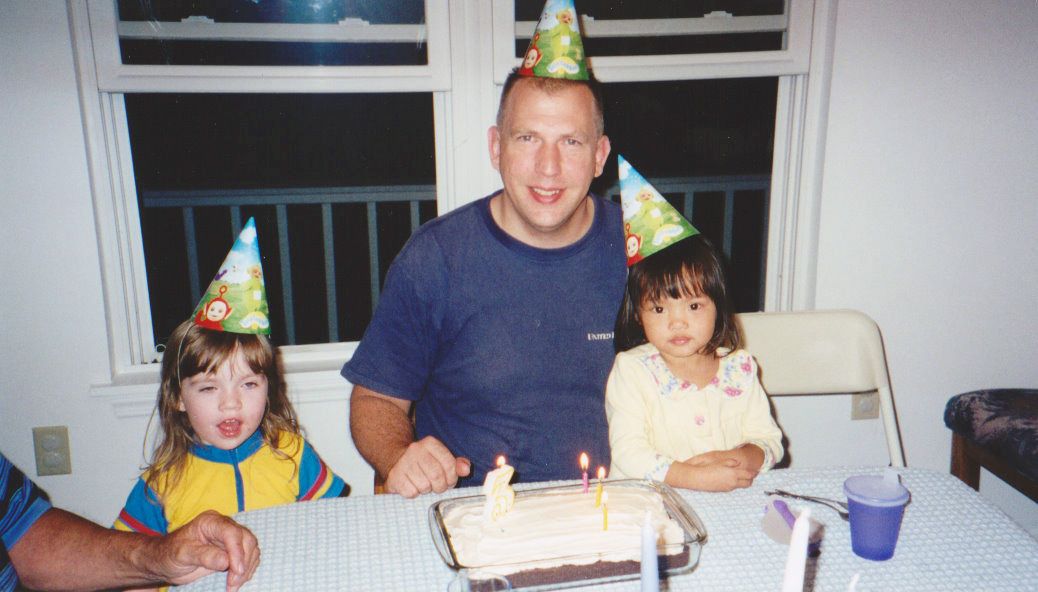
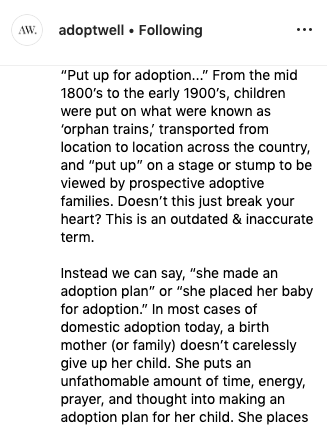
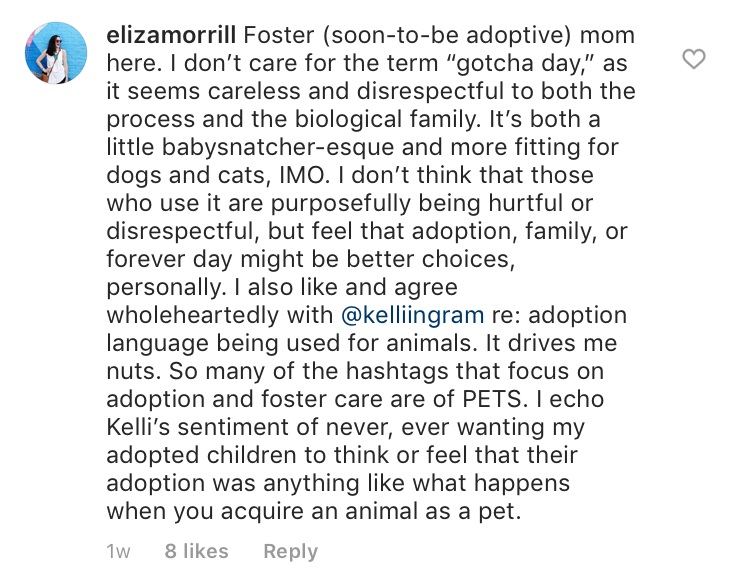
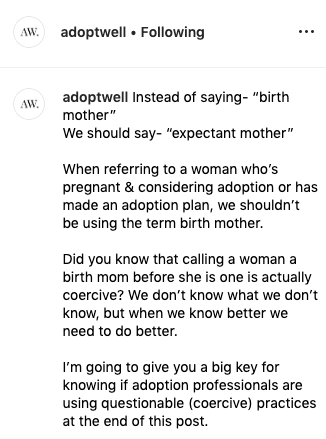

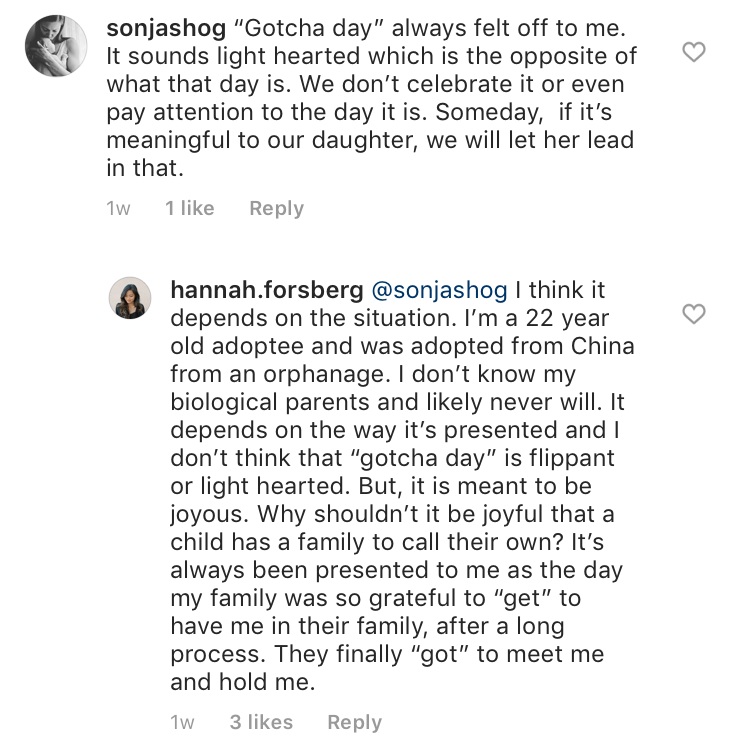
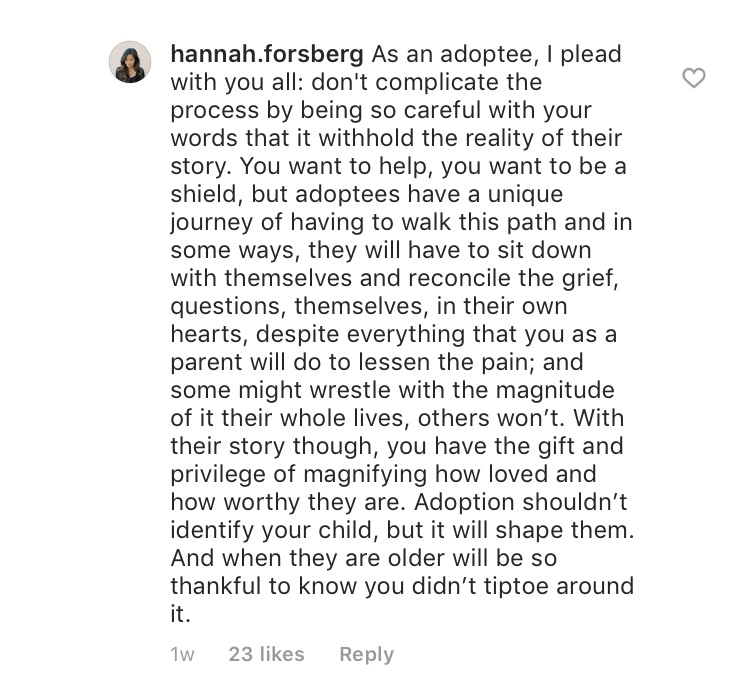
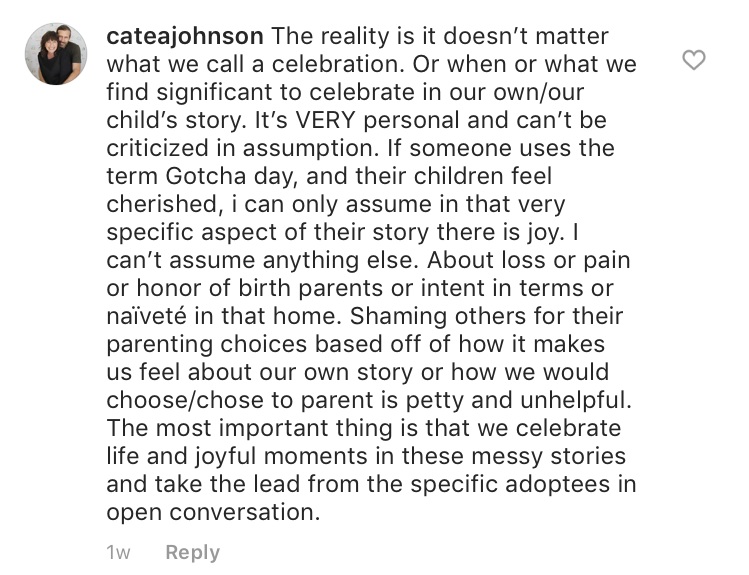
add a comment
+ COMMENTS